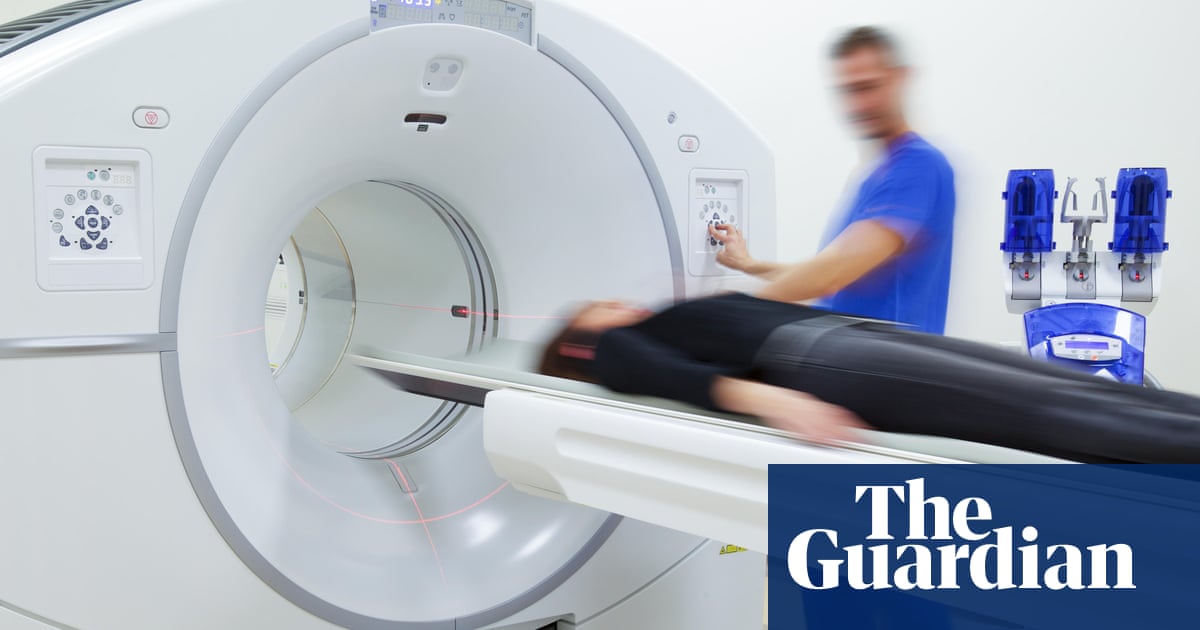
Researchers in Glasgow have identified a new means of diagnosing and treating bowel cancer with imaging technology, avoiding the need for biopsies.
Biopsies require an invasive procedure with a number of health risks, such as infection, and are limited in what they can capture within a patient’s bowel.
Experts working with Cancer Research UK found that positron emission tomography (PET) imaging allows the entire bowel to be examined and tumours to be studied while inside the body, as opposed to examining the tissue once it has been removed.
PET scans create a three-dimensional picture of the inside of the body, and researchers believe doing several scans during treatment could help monitor the disease more effectively.
Dr David Lewis, of the Cancer Research UK Scotland Institute and the University of Glasgow, who led the research, said: “Precision medicine has the potential to revolutionise cancer diagnosis and treatment.
“However, the development of accurate, informative and patient-friendly diagnostic techniques is crucial for its success.
“PET imaging offers a promising alternative, with the ability to survey the entire cancer landscape, allowing us to examine tumours in more detail while they are still growing.”
According to Cancer Research UK, about 4,000 people are diagnosed with bowel cancer in Scotland annually, and about 1,800 people diagnosed with the disease die each year.
The research team used existing genetic data on bowel cancer to identify different tumour characteristics using PET imaging.
They were also able to discover several different types of bowel cancer in mice based on their genes.
Dr Catherine Elliott, director of research at Cancer Research UK, said: “These findings by the team at the Cancer Research UK Scotland Institute and University of Glasgow offer an exciting opportunity to revolutionise the way we diagnose and monitor bowel cancer without invasive surgery, reducing the risk and improving outcomes for patients.
“PET imaging is a crucial tool in our future approach to diagnosing this disease, which affects so many people in Scotland.”












